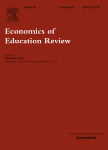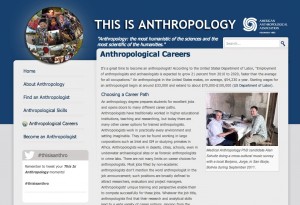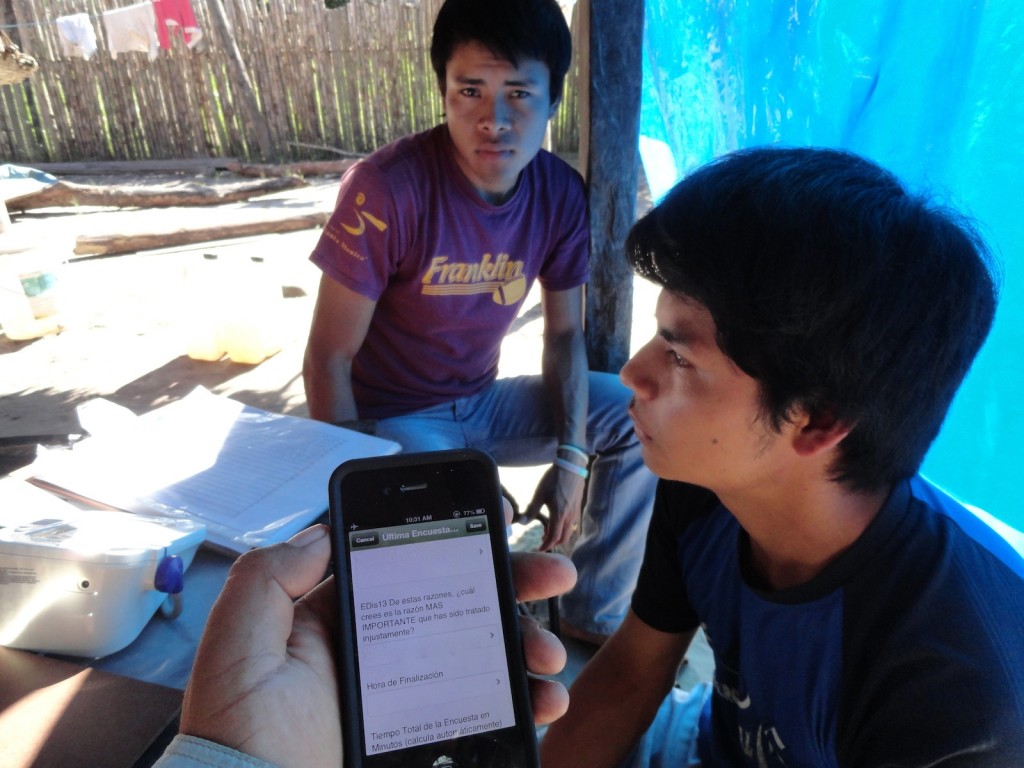My work (and that of a UF colleague, Connie Mulligan) is featured on thisisanthropology.com. Amazing the things you miss when you’re out of the country for two years. Thanks AAA!
Category: News
New Article in Press

-
Eduardo A. Undurraga, Jere R. Behrman, Elena L. Grigorenko, Alan Schultz, Julie Yiu, TAPS Bolivia Study Team, Ricardo A. Godoy. Math skills and market and non-market outcomes: Evidence from an Amazonian society of forager-farmers. Economics of Education Review, Available online 30 September 2013: http://dx.doi.org/10.1016/j.econedurev.2013.09.004
The Value of Medical Anthropology
The majority leader of the House of Representatives, Eric Cantor, just personally attacked the worth of my dissertation research in an Op-Ed in the USA Today. My actual project in Bolivia. You can read the letter HERE.
In defense of my work, I’ll just quote verbatim the first paragraph that justifies my research from my job app cover letters: The central question that motivates my research is why chronic stress tracks along the fault lines of social inequity among rapidly globalizing populations. This question is important because stress-related diseases have the highest global disease burden today and this burden is disproportionately borne by the poor and socially marginalized. My pre-dissertation and dissertation fieldwork, funded by two NSF grants, make a unique contribution to medical anthropology and population health research by investigating the role of culture as a stress buffer among a group of Amazonian foraging-farmers who seem to defy the usual connection between globalization, inequality and psychosocial stress—the Tsimane’ of lowland Bolivia. The Tsimane’ present a puzzle because despite two decades of rapid culture change and market integration they have some of the world’s lowest average levels of short-term stress biomarker measures and related adverse health outcomes. My dissertation attempts to solve this puzzle using long-term ethnography and a sociocultural epidemiologic survey to advance our understanding of the links between culture and the stress process.
Stay tuned for updates on the pending NSF response to the opinion piece.
UPDATE (10/2/2013): Not one to let a little momentum go to waste, I am planning to respond in an Op-Ed piece of my own (and it may be co-written). Along with that, I have a crowd-funding launch in the works on Rockethub.com to enable analyses of retrospective stress biomarkers collected during my NSF research project. I hope those who see the value in my research might consider supporting it tangibly as well.



